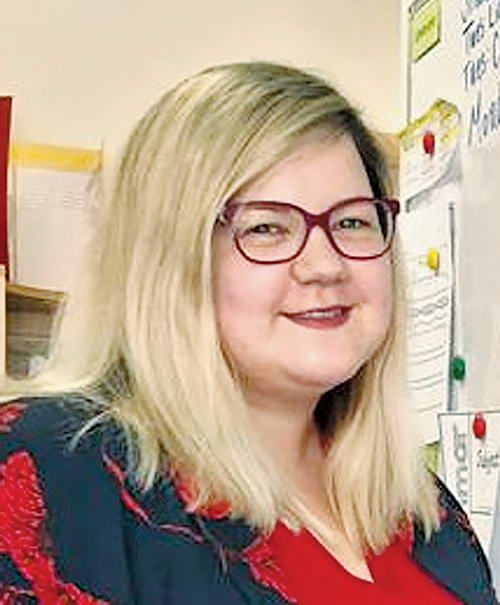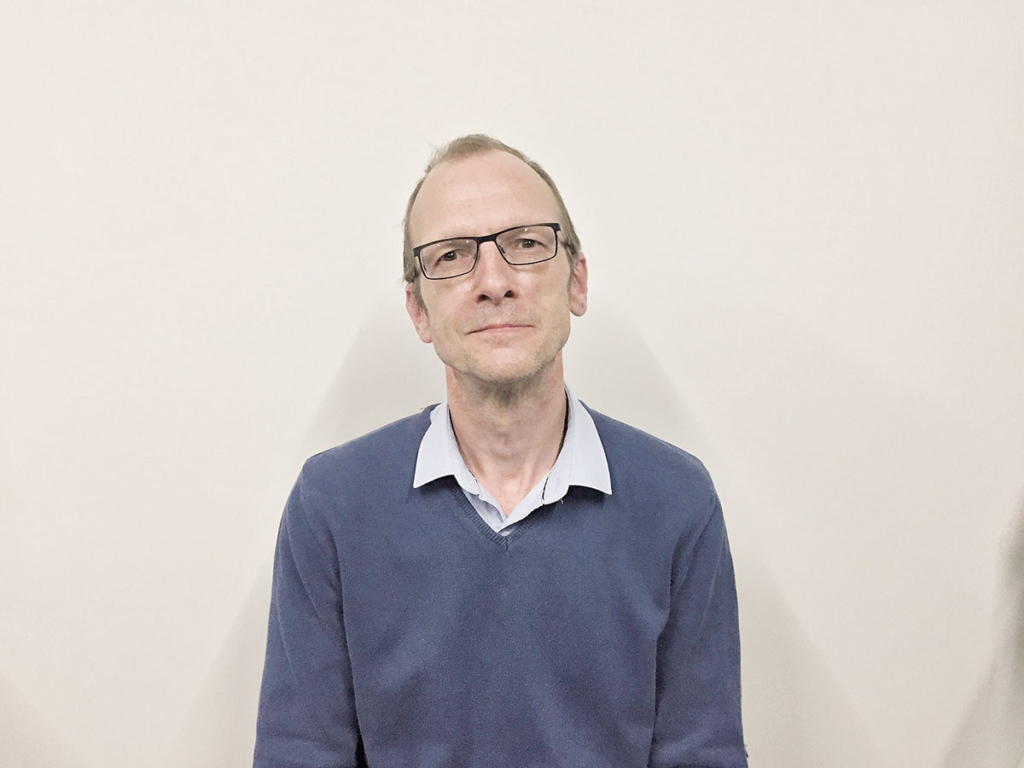There are easier places for foreigners to teach than in Ukraine. The nation has suffered the Chornobyl disaster, economic turmoil, two revolutions and now war.
But brave souls have chosen to live, work — and spread their knowledge in Ukraine. The Kyiv Post spoke to three international teachers who have found the positive side of life in this country.
Rough start
Turkish citizen Atila Karasu, now 34, came to Ukraine 12 years ago to study aeronautical engineering. He got off to a rough start. Turkey has stereotypes about Ukraine: that it has a harsh, “arctic climate,” that there’s no money anywhere, and that the whole country is one big village.
These stereotypes took some time to overcome. He was disappointed by the education system, for one thing.
“When I signed the contract with the university, I was told that I would be studying in a group of international students and courses would be taught in English. When I arrived, the university hadn’t set up the group and I had to study with Ukrainian students in Ukrainian.”
At first, life in Ukraine seemed awful, Karasu said.
“I felt that the people around me were very cold, it was very hard for me to find a common language with them,” he said. “I didn’t like the streets, nothing seemed right in the houses.”
In fact, things seemed so unbearable at first that Karasu was sure that he would leave Ukraine once his studies were over.
But after a couple years of studying, he began to change his mind.
“I began teaching Turkish, and I fell in love with it, even though my major was in a completely different field.”
The very same people who appeared so cold and distant were becoming good friends. What Karasu is most proud of is that he proved everybody at home wrong. In fact, some of those who had discouraged him from coming to Ukraine were now asking him for advice on emigrating to Ukraine.
In addition to teaching, Karasu has managed to start his own airport transfer business. But he says that his heart will always be in teaching.
After finding a job that brings him purpose and fulfillment, Karasu said he has gained a whole new outlook on Ukraine, and now cannot imagine living anywhere else.
“Wherever my life takes me, I’ll always have one foot in Ukraine. It’s part of my heart now.”
Terra incognita

Julie Ann Mirse teaches children in grades 3-5 at the Pechersk International School. (Courtesy)
Russia’s war in the eastern Donbas has taken a toll on Ukraine in many ways, including discouraging foreigners from coming to Ukraine. Julie Ann Mirse, from Nashville, Tennessee, recalls her family and friend’s consternation when she said she was heading to Kyiv for a job.
“Everybody told me: “That’s the country where that plane was shot down. It’s a war zone. You’re crazy.”
But, after teaching for four years in a primary school in her hometown, Julie was ready to pursue her dream: living and working abroad. Ukraine hadn’t been her first choice, she says.
“My major was Spanish and I wanted to live in Europe, so Spain seemed like a natural fit.”
But after a handsome offer from a prestigious private school in Kyiv in 2016, Julie decided to take a chance on Ukraine.
“They not only offered me a job, but found me an apartment — and they took care of all the paperwork concerning my residing in Ukraine.”
Despite her family’s worries, Mirse had no preconceived notions about Ukraine — in fact, she couldn’t even find it on a map, she says. This helped her recognize the positive things about the country. By keeping an open mind and treating Ukraine as a blank canvas, she was not deterred by the bad news she heard about Ukraine at home, she said.
Mirse now teaches English to children in grades 3–5, and she feels very happy about her life in Ukraine.
“I feel Ukraine is a European country in many ways, I feel safer walking down the streets of Kyiv than in Nashville, the people are very friendly, and are always happy to help.”
As far as her long-term plans are concerned, Mirse is still undecided.
“I see myself staying in Ukraine, but I’m also open to exploring other countries, such as Spain or Brazil. However, one thing is certain, there’s definitely more positive than negative in Ukraine, and the happy experiences will live on forever.”
A Scot in Kyiv

Ken Stewart has traveled all over the world, but he admits that Ukraine is his true love. (Courtesy)
English teacher Ken Stewart is well known among Ukrainian businesses, media and educational organizations. Only 50 years young, he has had 18 rich years of teaching experience — working in Spain, Indonesia and the Netherlands before landing in Ukraine.
In Kyiv, he’s taught at the BBC, Radio Liberty, Inter Media Group and many other prestigious organizations.
A native of Edinburgh, Scotland, he has been living in Kyiv for more than 10 years now and has no plans to leave any time soon. Like many expats, he came to Kyiv through a job advertisement and just fell in love with the city.
“The biggest difficulty for me, when I first came in 2007, was the Cyrillic alphabet. There were no street signs in English when I arrived, so I had difficulties communicating and getting around,” he says.
Like many expats, Stewart couldn’t stay on the sidelines during the EuroMaidan Revolution. He stood shoulder to shoulder with Ukrainians in the freezing streets in the winter of 2013–2014, and even performed on the stage on the Maidan with his band “The Bad Names.”
He enjoys pretty much everything in Kyiv, especially the fact that it is much easier for him to make friends in Kyiv as opposed to Spain, where he says people have a closed circle of lifelong friends that is difficult to penetrate.
What annoys him most is the frequent outright rudeness that many Ukrainians are prone to, he says. This includes pushing and shoving in the metro, standing on the left side of the escalator, and “man spreading” (when a man in the metro sits with his legs wide apart, taking up two seats.)
Over the more than ten years Stewart has been living in Ukraine, he has built a broad network of students and businesses, who constantly call him up for help in studying English.
His services are still very much in demand, he says.
